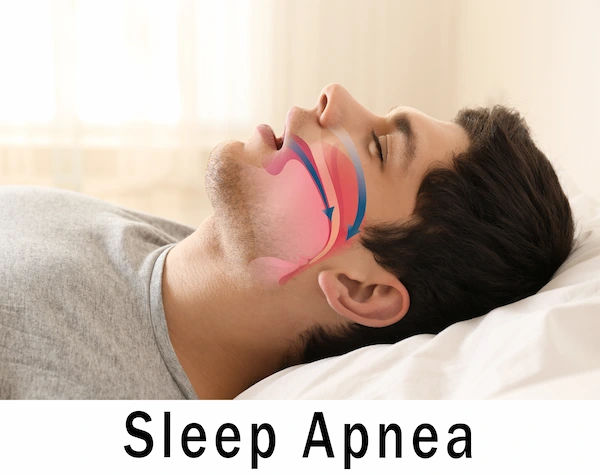Piles vs Fissures: Key Differences Explained
Confused between piles and fissures? Discover the key differences in symptoms, causes, and treatments. Learn how to identify and manage each condition effectively for better digestive health.


Dealing with discomfort in the anal area can be embarrassing and painful, but understanding the problem is the first step toward relief. Two common conditions are piles (hemorrhoids) and anal fissures. These are often confused because they share similar symptoms. However, they are different issues that require different treatments.
In this article, we’ll break down the key differences between piles and fissures, their symptoms, causes, and how to manage them effectively.
What Are Piles (Hemorrhoids)?
Piles, also called hemorrhoids, are swollen and inflamed veins in the rectum or anus. They can be internal (inside the rectum) or external (under the skin around the anus).
Symptoms of Piles
- Painless bleeding (bright red blood on toilet paper or in the stool)
- Itching or irritation around the anus
- Swelling or a lump near the anus (in external piles)
- Discomfort while sitting
Common Causes of Piles
- Straining during bowel movements (due to constipation)
- Chronic diarrhea
- Sitting for long periods on the toilet
- Pregnancy (due to increased pressure on pelvic veins)
- Obesity or a low-fiber diet
Consult top Gastroenterologist
What Are Anal Fissures?
An anal fissure is a small tear or cut in the lining of the anus, usually caused by passing hard or large stools. This condition leads to sharp pain and bleeding during bowel movements.
Symptoms of Anal Fissures
- Sharp, burning pain during and after bowel movements
- Bright red blood on stool or toilet paper
- A visible crack in the skin around the anus
- Muscle spasms in the anal area (making bowel movements more painful)
Common Causes of Anal Fissures
- Constipation (straining while passing hard stools)
- Chronic diarrhea
- Childbirth (in women)
- Inflammatory bowel diseases (like Crohn’s disease)
- Tight anal sphincter muscles
Key Differences Between Piles and Fissures
Here are the key differences between Piles and Fissures, explained clearly for better understanding:
| Feature | Piles (Hemorrhoids) | Anal Fissures |
|--------------|----------------|----------------|
| Nature | Swollen veins | Tear in anal lining |
| Pain | Usually painless (unless thrombosed) | Sharp, intense pain during bowel movements |
| Bleeding | Bright red blood (often painless) | Bright red blood with pain |
| Appearance | Soft lumps (external piles) | Small cut or crack |
| Itching | Common | Less common |
| Cause | Straining, pregnancy, obesity | Hard stools, trauma, tight muscles |
How to Manage Piles and Fissures?
Here’s a comprehensive guide on how to manage piles and fissures effectively, with both home remedies and medical options:
For Piles (Hemorrhoids):
1. Increase Fiber Intake – Eat more fruits, vegetables, and whole grains to soften stools.
2. Stay Hydrated – Drink plenty of water to prevent constipation.
3. Avoid Straining – Don’t sit on the toilet for too long.
4. Use Ointments – Over-the-counter creams can reduce swelling and discomfort.
5. Sitz Baths – Soaking in warm water helps relieve pain and swelling.
For Anal Fissures:
1. Soft Stools are Key – Eat fiber-rich foods and stay hydrated.
2. Use Stool Softeners – If needed, ask your doctor for mild laxatives.
3. Topical Creams – Nitroglycerin or numbing creams can help with pain.
4. Warm Baths – Soaking in warm water relaxes muscles and promotes healing.
5. Avoid Spicy or Acidic Foods – They can irritate the fissure.
When to See a Doctor?
While mild cases of piles and fissures can be managed at home, consult a doctor if:
- Bleeding is heavy or persistent
- Pain is severe and doesn’t improve with home care
- You notice pus or signs of infection
- Symptoms last longer than a few weeks
In some cases, medical procedures like banding (for piles) or surgery (for chronic fissures) may be needed.
Prevention Tips
To avoid both piles and fissures:
- Eat a high-fiber diet (whole grains, fruits, vegetables)
- Drink plenty of water (at least 8-10 glasses daily)
- Exercise regularly (helps digestion and prevents constipation)
- Don’t delay bowel movements (holding it in makes stools harder)
- Avoid excessive straining
Need Expert Advice?
If you're experiencing persistent discomfort, bleeding, or pain, it's best to consult a doctor. At Apollo 24|7, you can book an online consultation with a specialist or schedule a test for proper diagnosis and treatment.
Conclusion
Both piles and fissures can be painful and uncomfortable, but understanding their differences helps in getting the right treatment. With simple lifestyle changes and medical care, most cases can be managed effectively.
Consult top Gastroenterologist
Consult top Gastroenterologist

Dr. Ankit Vijay Agarwal
Gastroenterology/gi Medicine Specialist
14 Years • MBBS(Osmania), DNB(Internal Medicine ), DM ( Osmania) Consultant Gastroenterologist, Hepatologist and Advanced Therapeutic Endoscopist
Hyderabad
Apollo Hospitals Jubilee Hills, Hyderabad

Dr Harish K C
Gastroenterology/gi Medicine Specialist
15 Years • MBBS MD DM MRCP(UK) (SCE-Gastroenterology and Hepatology)
Bengaluru
Apollo Clinic, JP nagar, Bengaluru

Dr. Jatin Yegurla
Gastroenterology/gi Medicine Specialist
11 Years • MD (PGI), DM (AIIMS Delhi), FAGIE (AIIMS Delhi), ESEGH (UK), Gold Medalist
Hyderabad
Apollo Hospitals Jubilee Hills, Hyderabad
(625+ Patients)
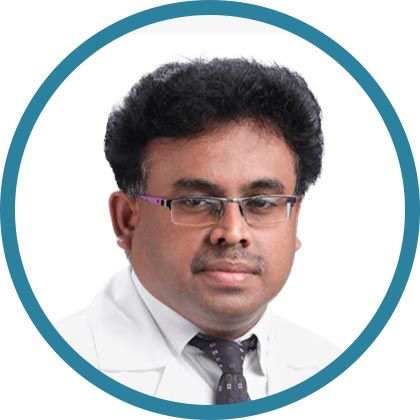
Dr. Arun N
Gastroenterology/gi Medicine Specialist
17 Years • MBBS, DNB PED , DM GASTRO
Chennai
Apollo Hospitals Greams Road, Chennai
(700+ Patients)
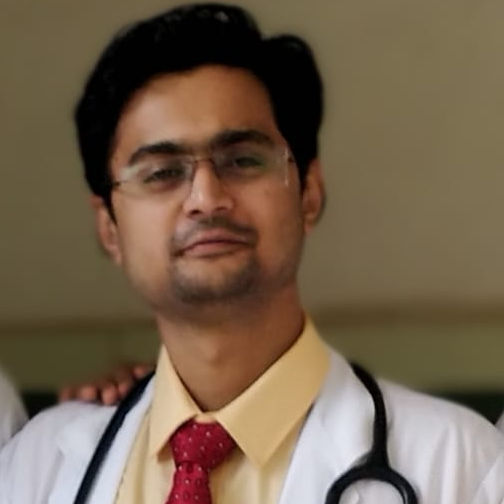
Dr. Nikhil Patil
Gastroenterology/gi Medicine Specialist
10 Years • MBBS
Bengaluru
Apollo Medical Center, Marathahalli, Bengaluru
Consult top Gastroenterologist

Dr. Ankit Vijay Agarwal
Gastroenterology/gi Medicine Specialist
14 Years • MBBS(Osmania), DNB(Internal Medicine ), DM ( Osmania) Consultant Gastroenterologist, Hepatologist and Advanced Therapeutic Endoscopist
Hyderabad
Apollo Hospitals Jubilee Hills, Hyderabad

Dr Harish K C
Gastroenterology/gi Medicine Specialist
15 Years • MBBS MD DM MRCP(UK) (SCE-Gastroenterology and Hepatology)
Bengaluru
Apollo Clinic, JP nagar, Bengaluru

Dr. Jatin Yegurla
Gastroenterology/gi Medicine Specialist
11 Years • MD (PGI), DM (AIIMS Delhi), FAGIE (AIIMS Delhi), ESEGH (UK), Gold Medalist
Hyderabad
Apollo Hospitals Jubilee Hills, Hyderabad
(625+ Patients)

Dr. Arun N
Gastroenterology/gi Medicine Specialist
17 Years • MBBS, DNB PED , DM GASTRO
Chennai
Apollo Hospitals Greams Road, Chennai
(700+ Patients)

Dr. Nikhil Patil
Gastroenterology/gi Medicine Specialist
10 Years • MBBS
Bengaluru
Apollo Medical Center, Marathahalli, Bengaluru
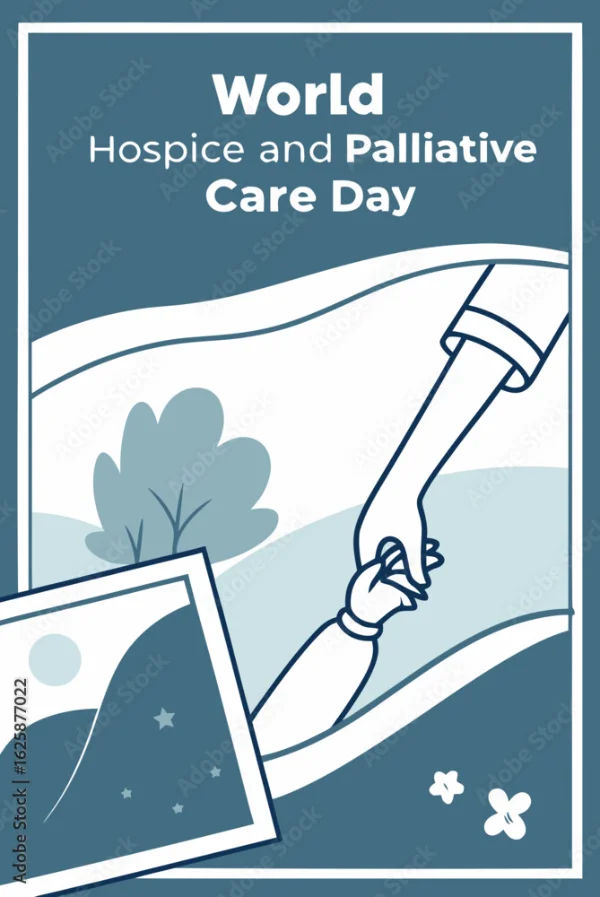

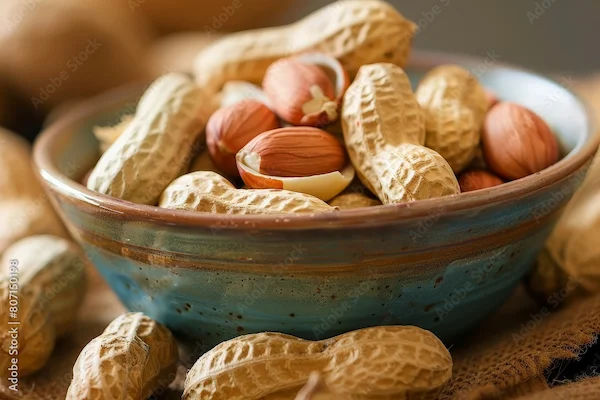
.webp)
